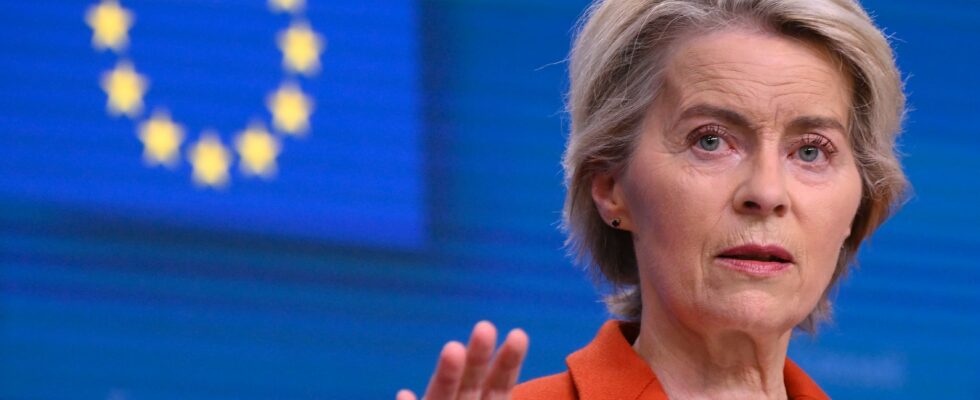Time does not have the same duration on both sides of the Atlantic. Barely elected and while he has not yet returned to the Oval Office of the White House, Donald Trump has already revealed the cast of the future administration in charge of the country for the next four years. In Brussels, more than six months have passed since the European elections last spring and the contours of the future Commission have not yet been completely set in stone. So much so that the deadline of December 1 set by Ursula von der Leyen, its president, for the new team to actually take office could well be pushed back. In question, the squabbles between chancelleries and the political calculations between the different factions of Parliament, which has never been so fragmented.
The fact remains that for her second mandate in Brussels, Ursula von der Leyen has selected a team of her own. Exit strong minds like Thierry Breton or Margrethe Vestager, too vocal or visible. No more silos, make way for collegiality, the president’s entourage pleads. A clever way, in fact, for von der Leyen to strengthen his power. Angela Merkel’s former minister deliberately kept the exact titles of the posts vague and overlapped the missions of the different commissioners to be able to arbitrate alone at the end of the day. Perfect dilution of responsibilities: no longer any commissioner – including executive vice-presidents – controls a given file.
An example? The rearmament of Europe and purchases of military equipment. Who to take charge of the subject? Former Estonian Prime Minister Kaja Kallas, propelled into diplomacy and security? Or the Lithuanian, Andrius Kubilius, considered as Defense Commissioner? Or the Frenchman, Stéphane Séjourné, who must coordinate the rise of a European defense industry?
Behind this tiling is the amplification of a phenomenon of presidentialization that has been at work for several years. “The successive reforms of the treaties since the 1990s have transformed the role of the presidency, which now enjoys real authority over the college and asserts itself as a sort of Prime Minister, capable of imposing its political line,” observes Olivier Costa, research director at Cevipof. Even if it means fueling dissension within the European Council itself, the club of heads of state and government of the Twenty-Seven. To the greatest pleasure of Washington.
